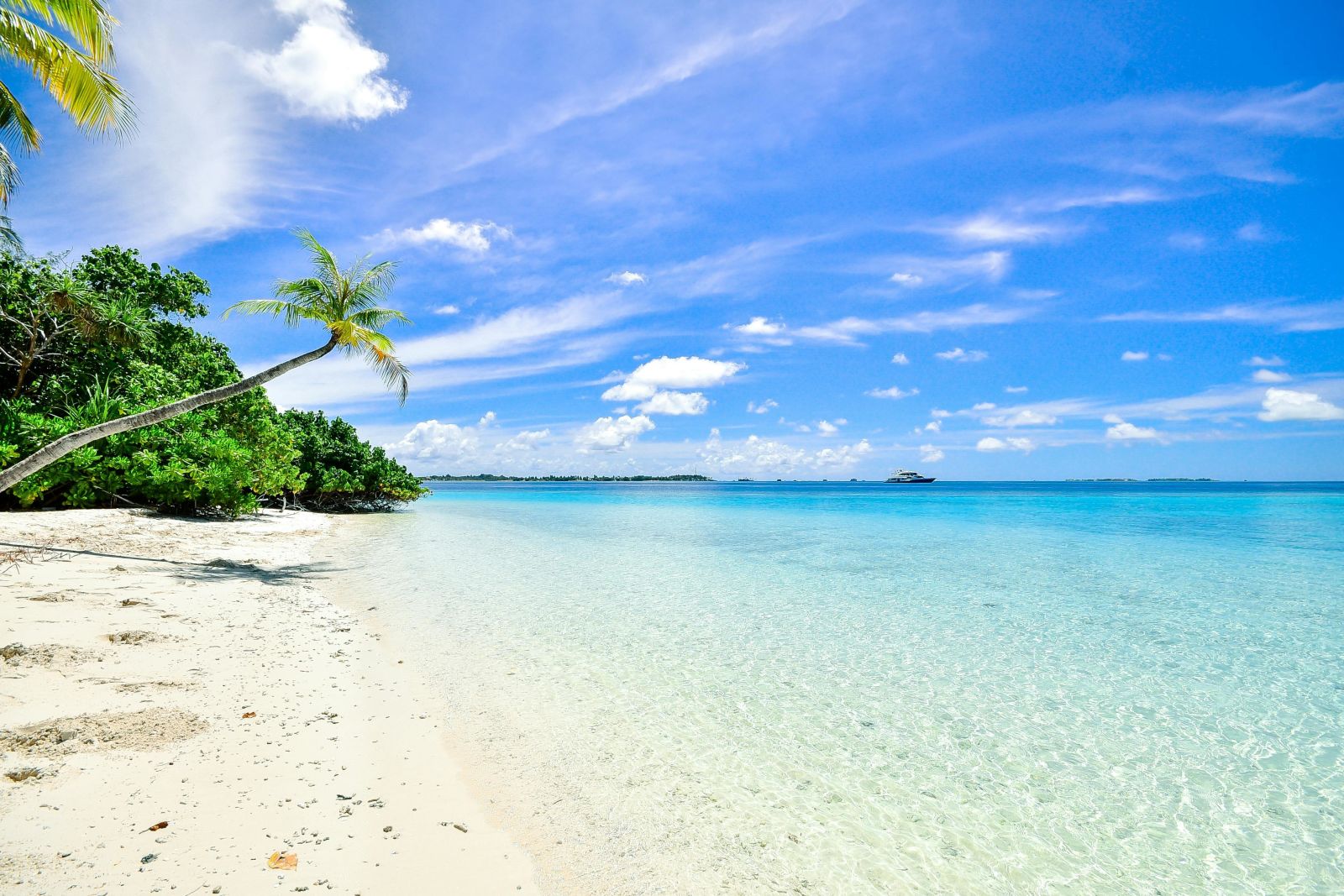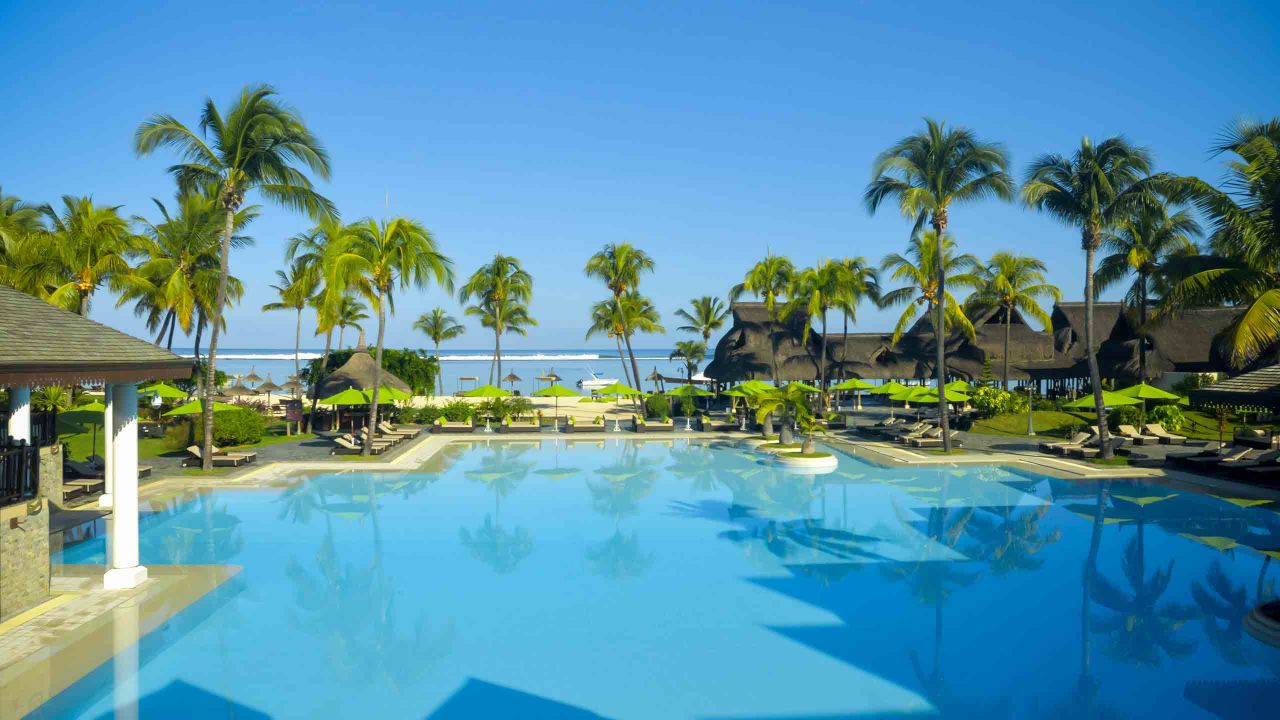When to visit Mauritius for good weather
If you're looking for great beach weather, the best time to visit Mauritius is from May to December. This is the island's dry, cooler season, offering pleasant temperatures and little rainfall. Days are warm, and the ocean is still warm for swimming and water sports.
From May to August, temperatures range between 18°C to 26°C, which is ideal for hiking and sightseeing without the heat being too intense. The island's lush green landscapes are perfect for exploring Black River Gorges National Park and taking scenic drives along the coastline.
Between September and December, temperatures start to rise, with averages of 22°C to 30°C. This is a fantastic time for snorkelling, diving and boat trips to nearby islands like Ile aux Cerfs. The water visibility is crystal-clear, making it a great time to explore coral reefs and marine life.
If you're a beach lover, October and November are perfect for sun-soaked days on Flic en Flac or Le Morne Beach. The temperatures are hot but not extreme, and the chance of rain is still low.

